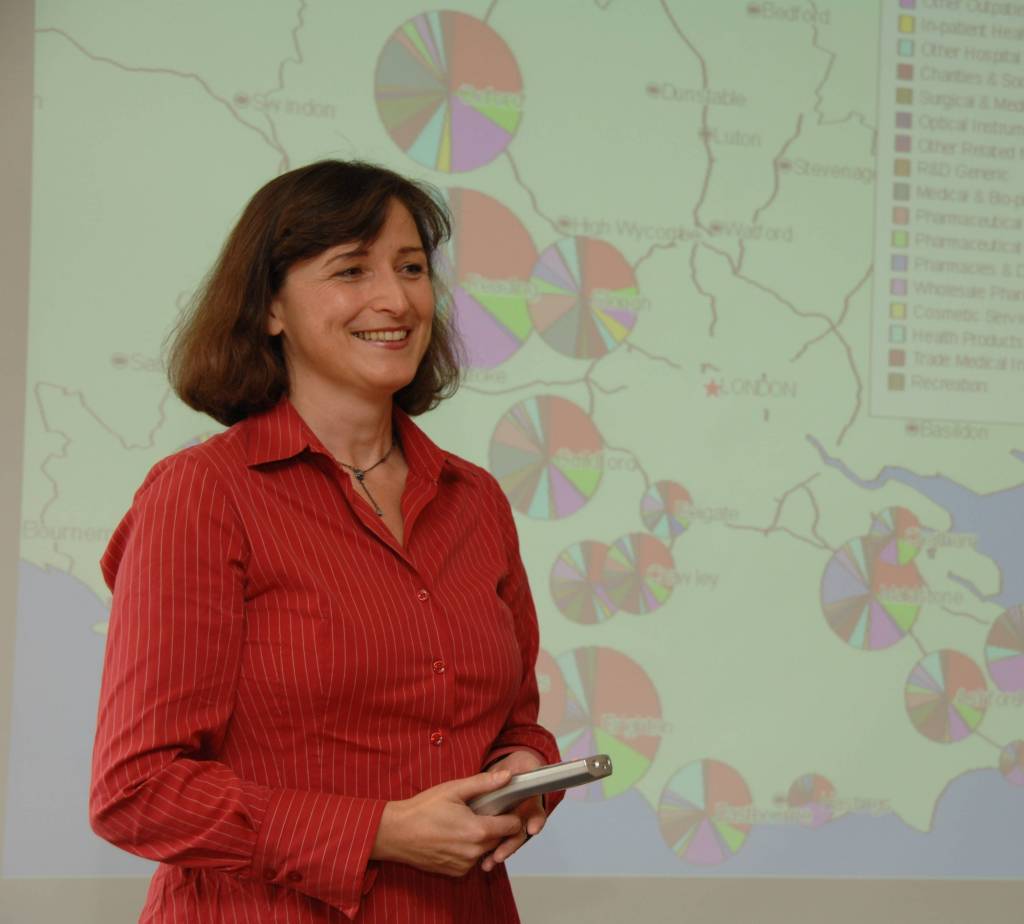Speakers
Keynote Speakers
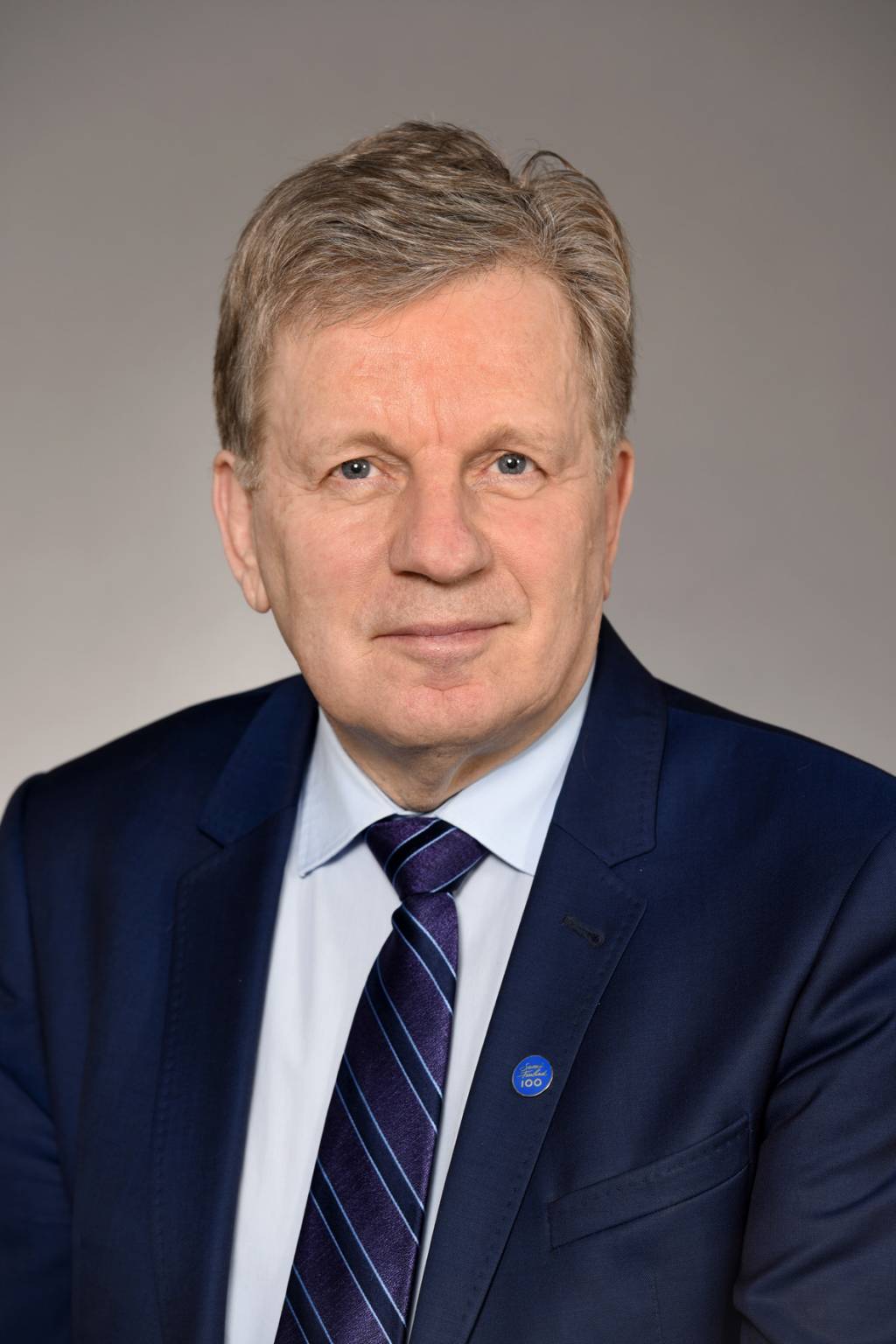
Esko Aho
Esko Aho is Chairman of the Board of Cinia Oy and Adven Group and on the Supervisory Board of Sberbank, Russia’s biggest bank. He is a member of Europe, Middle East and Africa Advisory Council at JP Morgan.
Mr. Aho was a Member of the Finnish Parliament from 1983 to 2003 where he chaired the Centre Party from 1990 to 2002 and was elected Prime Minister at the age of 36. Under his leadership, Finland joined the European Union. After his political career, Mr. Aho served as President of the Finnish Innovation Fund Sitra and then led Corporate Relations and Responsibility at Nokia. Esko Aho served as Executive Chairman of the Board of East Office of Finnish Industries 2013 – 2019. At present he is Senior Advisor at East Office. Furthermore he served as elected member of the Executive Board at the International Chamber of Commerce 2013 – 2019. He acted as Chairman of the Board at ICC Executive Board Policy and Commissions Committee for four years. He is an invited member of Club de Madrid, an independent organization of former heads of state and government dedicated to strengthening democracy.
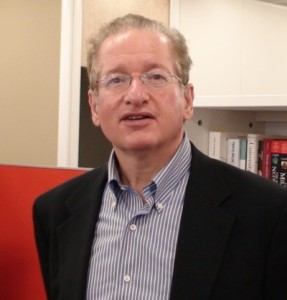
Henry Etzkowitz
Professor Etzkowitz is a scholar of international reputation in innovation studies as the originator of the ‘Entrepreneurial University’ and ‘Triple Helix’ concepts that link university with industry and government at national and regional levels. As President of the Triple Helix Association, he is at the centre of a unique international network of several hundred scholars and practitioners of university-industry-government relations. Henry is also the co-founder of the Triple Helix International Conference Series, which has produced a series of books, special journal issues and policy analyses since it started in Amsterdam, 1996.
Prior to coming to Stanford, he held the Chair in Management of Innovation, Creativity and Enterprise at Newcastle University Business School, UK and served as Visiting Professor in the Department of Technology and Society, School of Engineering and Applied Sciences, Stony Brook University, US. He has developed several innovative concepts for university-industry-government linkages together with colleagues in the Triple Helix Research Group at Newcastle University Business School, including: (i) the ‘Professors of Practice’ (half-time dual positions in high-tech firm and academia held by high-tech entrepreneurs with academic backgrounds and research interests), implemented with the support of the Regional Development Agency One Northeast as a signature feature of Newcastle Science City; and (ii) the ‘Novum Trivium’, a undergraduate degree program proposed as a contribution to the Bologna process, which combines a specialized academic field (e.g. science, arts, engineering, etc.), with training in entrepreneurship and innovation and a foreign language and culture.
Professor Etzkowitz is the author of Triple Helix: University, Industry Government Innovation in Action(Routledge, 2008), MIT and the Rise of Entrepreneurial Science (Routledge, 2002) and co-author of Athena Unbound: The Advancement of Women in Science and Technology (Cambridge University Press, 2000), Public Venture Capital (Harcourt, 2000), and Universities and the Commercialization of Knowledge: New Dimensions for the 21st Century (Cambridge University Press, In Press). Recently he co-edited The Capitalization of Knowledge: A Triple Helix of University-Industry-Government (Edward Elgar, 2010) (with Riccardo Viale). He publishes regularly in Research Policy, Science and Public Policy, R&D Management, European Planning Studies and Minerva.
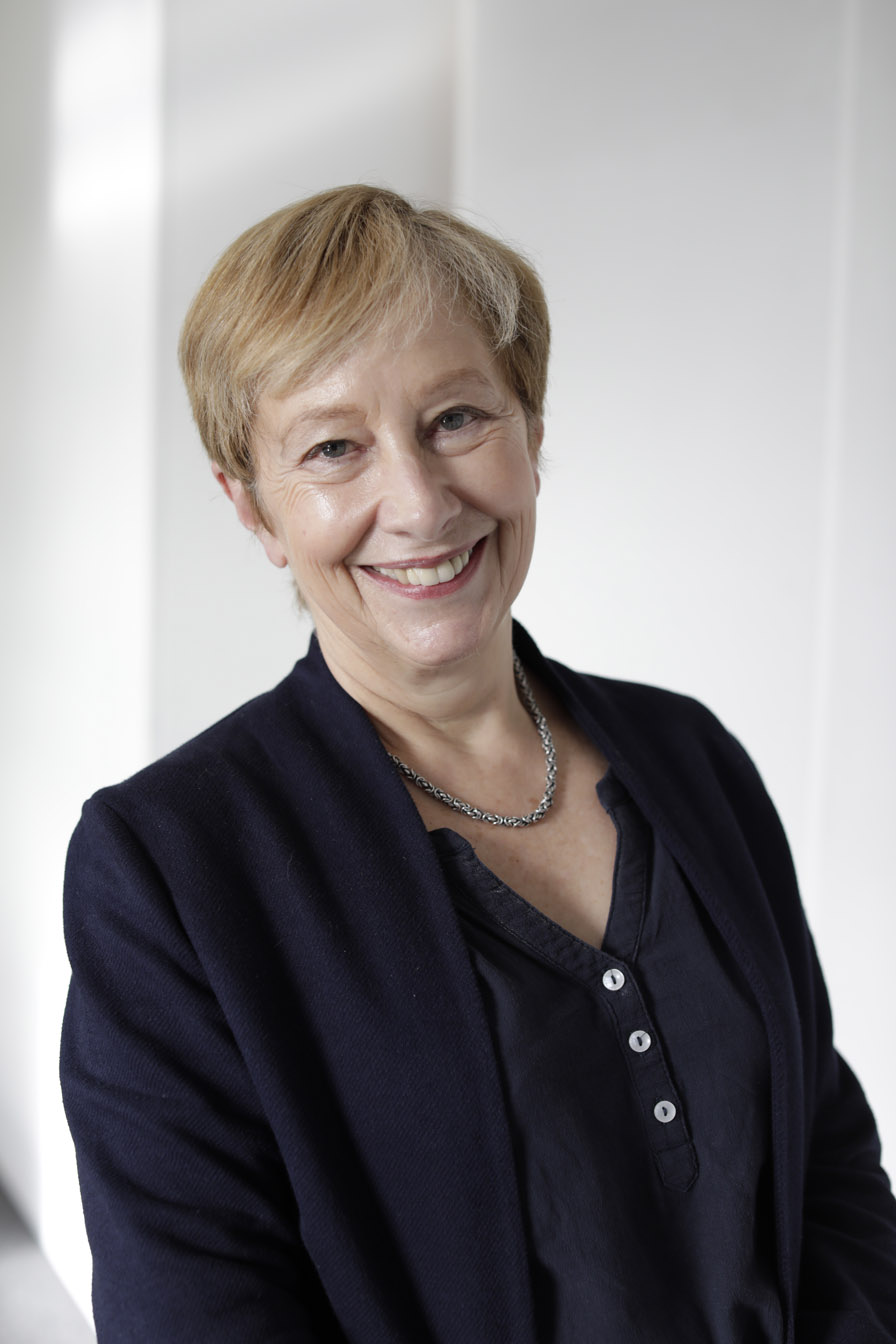
Joanna Chataway
Joanna Chataway is Professor of Science and Technology at University College London (UCL). She is Head of the innovative Department of Science, Technology, Engineering and Public Policy (STEaPP) based in the Engineering Faculty. She is an Honorary Professor at the University of Sussex and the Open University. For many years she was Vice-President of the Globelics network and Member of Globelics Scientific Board. She is BBSRC nominated member of the Academia.Net database of Outstanding Female Academics.
Joanna works inthe areas of science and technology policy, international development, health research and innovation policy, capacity building, public and private sector intersects, equity and innovation, evaluation approaches and methodologies. She has policy and academic research experience in high-, middle- and low-income country contexts.
Previously, Joanna was Deputy Director of the Science Policy Research Unit and Professor of Science and Technology Policy at the University of Sussex. She has also served as a Director at RAND Europe where she led the Health, Innovation and Science (IHS) research group. As group leader, Joanna oversaw and led over 30 projects related science and innovation policy working closely with a wide range of UK and international public and private institutions and organisations who commissioned the research. When she was a Professor of Biotechnology and Development at the Open University, she co-directed the ESRC Innogen Centre for research in life sciences.
Her publications reflect the range of her work on STI policy and research evaluation in high, middle- and low-income contexts and include work published in Research Policy, Nature, Technology Assessment and Strategic Change, Evaluation and Technological Forecasting and Strategic Change. She has also authored numerous policy reports.
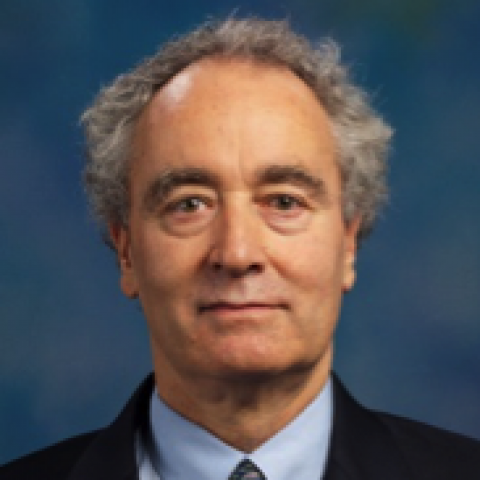
Martin Kenney
Prof. Martin Kenney is a Distinguished Professor of Community and Regional Development at the University of California, Davis and a Co-Director at the Berkeley Roundtable on the International Economy. He is a Senior Fellow at the Research Institute for the Finnish Economy. Starting in 2017, was named an Affiliated Professor at the Instituto di Management at Scuola Superiore Sant’Anna. He was the Arthur Andersen Distinguished Visitor at the University of Cambridge and have been a visiting scholar at the Copenhagen Business School, Hitotsubashi, Kobe, Stanford, Tokyo Universities, and UC San Diego. In 2015, he received the University of California Office of the President’s Award for Outstanding Faculty Leadership for Presidential Initiatives in Entrepreneurship and Innovation.
His scholarly interests are in understanding the interplay between technology, academic institutions, finance, and competition in capitalist economies and how these dynamics affect people and places. His most recent work is on the impact of digital platform firms on the organization of capitalist economies. His Ph.D. dissertation was on how the commercialization of university-pioneered new biotechnologies affected university-industry relations, gave rise to the venture capital-backed biotechnology startup, and resulted in the reorganization of the drug development pipeline. This culminated in his first book Biotechnology: The University-Industrial Complex (Yale 1986). Upon receiving his Ph.D.,he moved to Ohio State University, where he worked on two major projects. The first was exploring how the Japanese auto industry so successfully transplanted their operations from Japan to the United States. This culminated in the co-authored book Beyond Mass Production (Oxford 1993). The second project was motivated by his deep interest in venture capital and its uncanny success in funding new industries that transform everyday life. This resulted in the co-authored book Breakthrough Illusion (Basic Books 1990). Breakthrough Illusionargued that as Silicon Valley developed new technologies it became separated from the manufacturing industries of the Midwest, which were already experiencing a significant decline. Influenced by his interest in Joseph Schumpeter’s work on how innovation in capitalist economies creates new economic spaces and his appointment at the University of California, Davis, his research shifted to high-technology electronics and information industries and, in particular, Silicon Valley’s role in driving these forward. In pursuing this research, he edited or co-edited the followingbooks: Understanding Silicon Valley (Stanford 2000), Locating Global Advantage (Stanford 2004), Public Universities and Regional Growth (Stanford 2015 translated into Chinese for Tsinghua University Press), and China’s Innovation Challenge (Cambridge 2016 translated into Chinese for Beijing University Press). In addition to these books, he has published approximately 170 scholarly articles and given more than 500 talks globally.
He is a receiving editor at the world’s premier innovation research journal, Research Policy, and edits a Stanford University book series on innovation and technology. His research has been funded by the National Science, Kauffman, Sloan, and Matsushita Foundations, among others. His research has attracted significant public interest and he is frequently quoted in the national and international press on innovation- and technology-related issues.
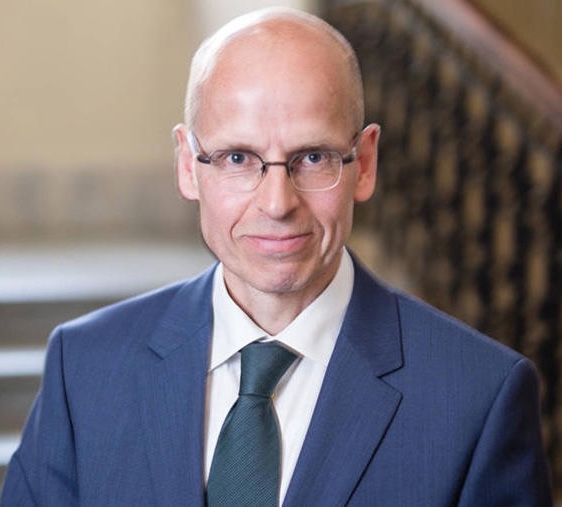
Martti Hetemäki
From 2013, Permanent Secretary Martti Hetemäki has directed the work of the Ministry of Finance of Finland. Dr. Hetemäki has had a noteworthy career in the service of the Ministry. Before being appointed as permanent secretary, he served as an under-secretary and, prior to that, as director general of the Economics Department, among other positions Hetemäki is also the chair of the Board of Sitra, the Finnish Innovation Fund.
Photo: Laura Kitola, Valtioneuvoston kanslia
Opening Words
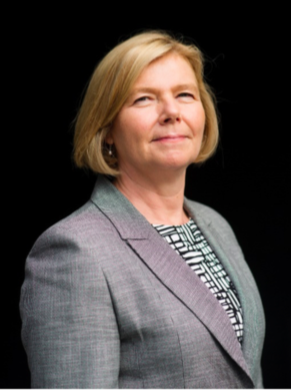
Mari Walls
- PhD, President of Tampere University, which was formed from the merger of Tampere University of Technology and the University of Tampere on 1 January 2019. The priority areas of the new multi-disciplined university, the second-largest in Finland, are technology, health and society. The foundation-based university is the major shareholder of Tampere University of Applied Sciences. www.tuni.fi/en
- The first President and CEO of LUKE Natural Resources Institute Finland 2015- 2018. The second-largest research institute in the country was established on 1 January 2015 through a merger of three research institutes (MTT Agrifood Research Finland, the Finnish Forest Research Institute Metla, the Finnish Game and Fisheries Research Institute RKTL) and the statistical services of the Information Centre (Tike) administered by the Ministry of Agriculture and Forestry.
- Before joining LUKE, has worked, among others, as the Director of the Marine Research Centre in the Finnish Environment Institute SYKE, as Professor of Biodiversity and Environmental Sciences at the University of Turku, and as Programme Director at the Academy of Finland.
- Has also previously served, among others, on the Board of the University of Oulu, on the Research Council for Biosciences and Environment at the Academy of Finland and on the Steering Group of the Academy’s 2016 review of the state of scientific research in Finland. In 2017, served on the Panel for Helsinki University Change Review.

Mariza Almeida
Dr. Mariza Almeida is an Adjunct Professor at Industrial Engineering School, Federal University of Rio de Janeiro, Rio de Janeiro, Brazil.
Her first professional experience was as an agronomist, working for the Rio de Janeiro state government during 30 years. In a professional field where women rarely participate in Brazil, she was able to work in her field of study and help socially excluded groups such as small-scale farmers and the landless rural workers movement.
Since 2005 he’s been working as a professor and researcher of different institutions and since 2012 she has been in at Industrial Engineering School, Federal University of Rio de Janeiro.
Her main research interests include national and regional innovation systems and policies, Triple Helix interactions and the entrepreneurial university, entrepreneurship and sustainable entrepreneurship, and the gender dimension in science, technology and innovation.
Panel discussion: Triple Helix vs. Quadruple and Quintuple Helix Dialogue
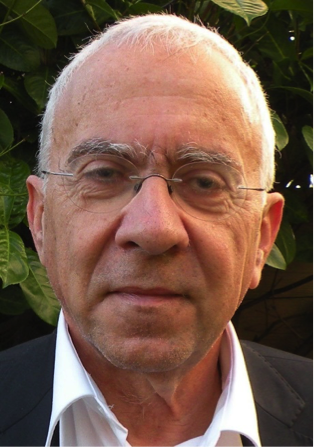
Loet Leydesdorff
Prof. Loet Leydesdorff (Ph.D. Sociology, M.A. Philosophy, and M.Sc. Biochemistry) is Professor emeritus at the Amsterdam School of Communications Research (ASCoR) of the University of Amsterdam. He is Associate Faculty at the Science and Technology Policy Research Unit (SPRU) of the University of Sussex, Visiting Professor of the Institute of Scientific and Technical Information of China (ISTIC) in Beijing, Guest Professor at Zhejiang University in Hangzhou, and Visiting Fellow at the School of Management, Birkbeck, University of London. He has published extensively in systems theory, social network analysis, scientometrics, and the sociology of innovation (read more at his website). With Henry Etzkowitz, he initiated a series of workshops, conferences, and special issues about the Triple Helix of University-Industry-Government Relations. He received the Derek de Solla Price Award for Scientometrics and Informetrics in 2003 and held “The City of Lausanne” Honor Chair at the School of Economics, Université de Lausanne, in 2005. In 2007, he was Vice-President of the 8thInternational Conference on Computing Anticipatory Systems (CASYS’07, Liège). Since 2014, the Institute of Scientific Information (ISI?Clarivate) lists him as a highly-cited author.
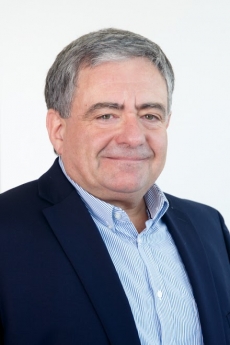
Elias Carayannis
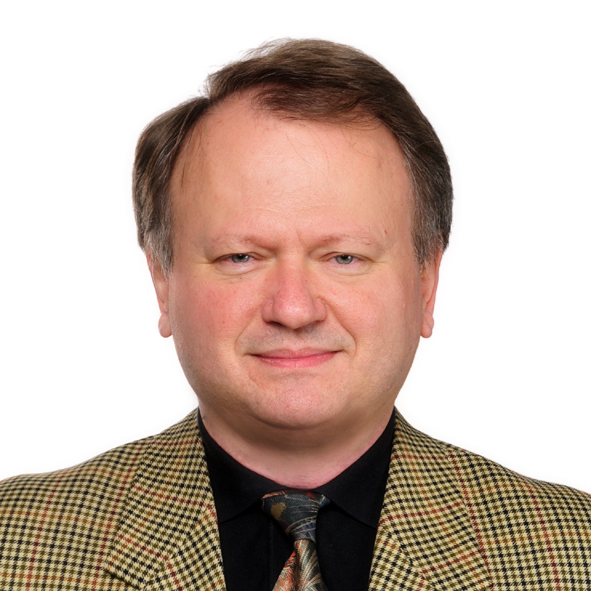
David Campbell
David Campbell studied political science at the University of Vienna, completing his studies with a doctoral degree in 1996. In 2014, Campbell received a “Habilitation” (Doctor Habilitatus) from the University of Vienna with a Venia Docendi (entitlement for teaching) for Comparative Political Science.
Campbell lead-authored Global Quality of Democracy as Innovation Enabler (Palgrave Macmillan, 2019, and Democracy Ranking (Edition 2014): The Quality of Democracy in the World (Books on Demand, 2015), Epistemic Governance in Higher Education: Quality Enhancement of Universities for Development(Springer, 2013) and Democracy Ranking (Edition 2012): The Quality of Democracy in the World (Books on Demand, 2012); co-authored Smart Quintuple Helix Innovation Systems (Springer, 2019), Mode 3 Knowledge Production in Quadruple Helix Innovation Systems: 21st-Century Democracy, Innovation, and Entrepreneurship for Development (Springer, 2012); co-edited The Future of Education and Labor (Springer, 2019), Handbook of Cyber-Development, Cyber-Democracy, and Cyber-Defense (Springer, 2018), The Future of Museums (Springer,2018), Arts, Research, Innovation and Society (Springer 2015), Cyber-Development, Cyber-Democracy and Cyber-Defense: Challenges, Opportunities and Implications for Theory, Policy and Practice (Springer, 2014), Encyclopedia of Creativity, Invention, Innovation and Entrepreneurship (Springer, 2013),Knowledge Creation, Diffusion, and Use in Innovation Networks and Knowledge Clusters (Praeger, 2006) and Demokratiequalität in Österreich: Zustand und Entwicklungsperspektiven(Leske + Budrich, 2002) (“Democracy Quality in Austria”).
His articles on knowledge, innovation, knowledge economy and democracy (knowledge democracy and quality of democracy) have been published in several international journals (citations of his academic work can be followed at Google Scholar). Campbell teaches (taught) at the University of Vienna, Alpen-Adria University of Klagenfurt, University of Applied Arts Vienna, Danube University Krems, George Washington University in Washington D.C. (Elliott School of International Affairs), and at THAPAR University (Punjab, India).
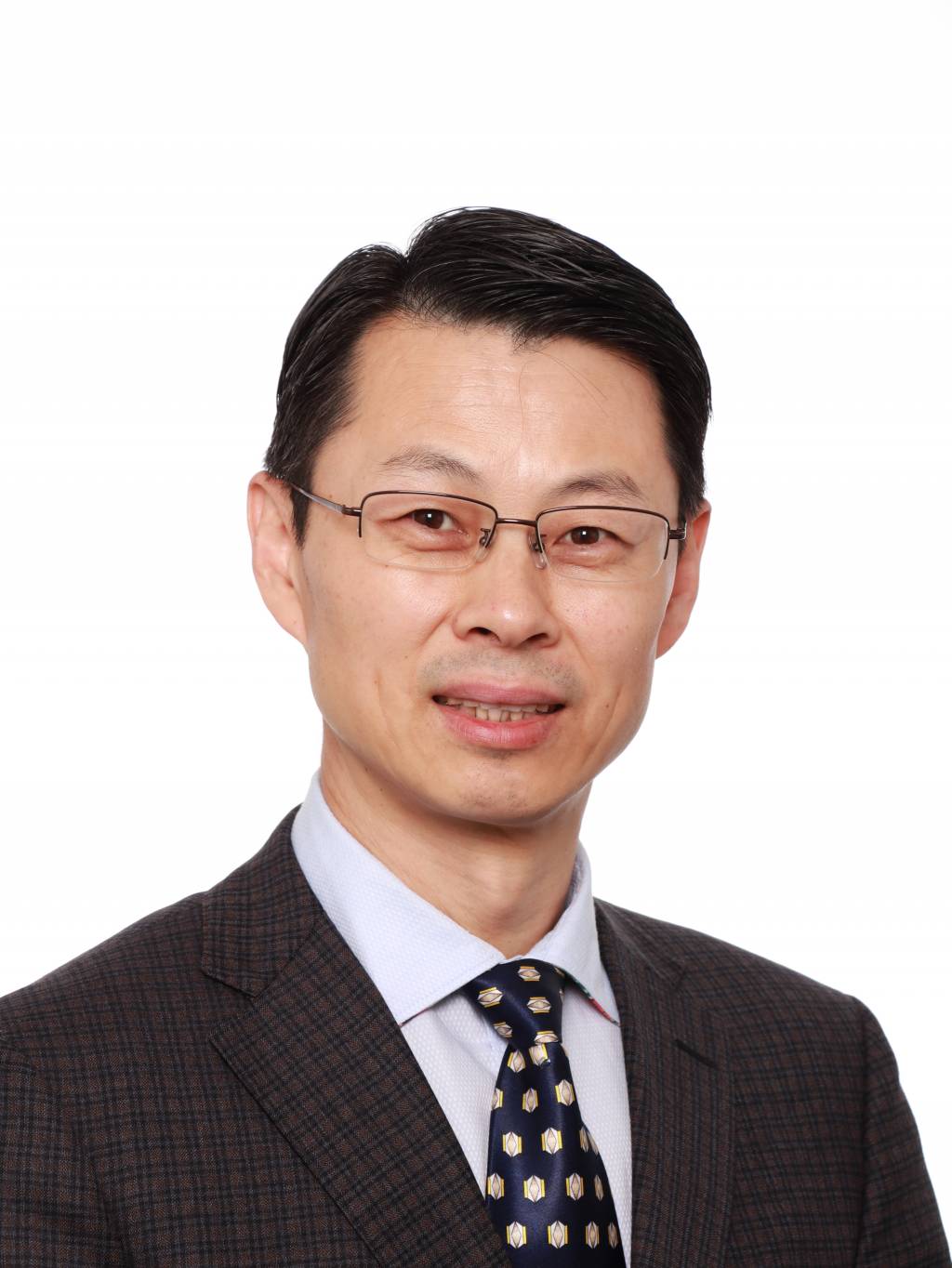
Yuzhuo Cai
Dr. Yuzhuo Cai is a Senior Lecturer and Adjunct Professor of higher education administration at the Faculty of Management and Business, Tampere University, Finland. He has been in Tampere University for 18 years and was the Acting Professor of Higher Education Administration from August 2013 to July 2014. He is serving as a guest professor at both the Institute of International and Comparative Education, Beijing Normal University and the Institute of China’s Science, Technology and Education Policy, Zhejiang University in China. He is a doctoral student supervisor at Peking University. He is the co-director of Sino-Finnish Education Research Centre, jointly coordinated by Tampere University and Beijing Normal University. He is a member of the Executive Committee of the Triple Helix Association and an associate editor of the Triple Helix Journal. He is the Chair of the 18th Triple Helix Conference, 15-16 June, Tampere 2020. His main teaching and research areas are higher education policy and management, science and innovation policies, organisation theory, and internationalisation of higher education, with over 100 scholarly publications.
Panel: Special session on Triple Helix response to Covid-19
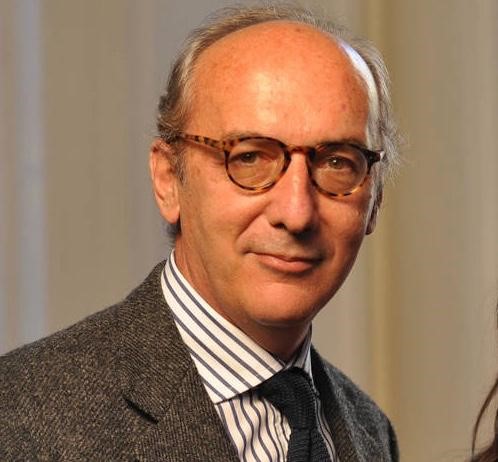
Riccardo Viale
Riccardo Viale is Full Professor of Behavioral Sciences and Cognitive Economics at the Department of Economics of the University of Milan Bicocca. He is also a professor of behavioral economics at the School of Government and at the School of European Public Economics of LUISS, Rome. In 2019 he was visiting professor at the Chinese Academy of Science in Beijing. Lecturer and scholar over the years in various foreign universities and research centers including the universities of Oxford, Columbia, Pennsylvania, California-Santa Barbara and the Max Planck Institute for Human Development in Berlin. He is the founder and General Secretary of the Herbert Simon Society and president of the Cognitive Insights Team at the Collegio Carlo Alberto in Turin. Editor in Chief of Mind & Society (Springer). He is founder and Secretary General of Triple Helix Association. In the 90’s he was adviser on research and innovation policy to the Italian Prime Minister and to the Minister of University and Research. He is currently Commissioner for Performance at the Italian Ministry of Civil Service. He is the author of many books and publications including the forthcoming Handbook on Bounded Rationality (Routledge, 2020) and “Nudging” (The MIT Press, 2021)

Dimitri Corpakis
Dr. Dimitri Corpakis is a former senior European Commission official specialising in innovation, growth and technological change. An engineer and planner by training, he was recently appointed as Senior Research Fellow with the South East European Research Centre (part of the University of Sheffield). He is also a member of the Graduate Faculty of the School of the Environment (A&M University of Florida, FAMU) and a full member of the Club of Rome (EU Chapter, CoR EU). His experience spans in many policy areas including Education and Training, Information and Communication Technologies, Social Sciences and Humanities, and Regional Innovation Ecosystems. Dimitri is also a member of the Executive Committee of the Triple Helix Association (2020) and co-chairs its Webinar series.
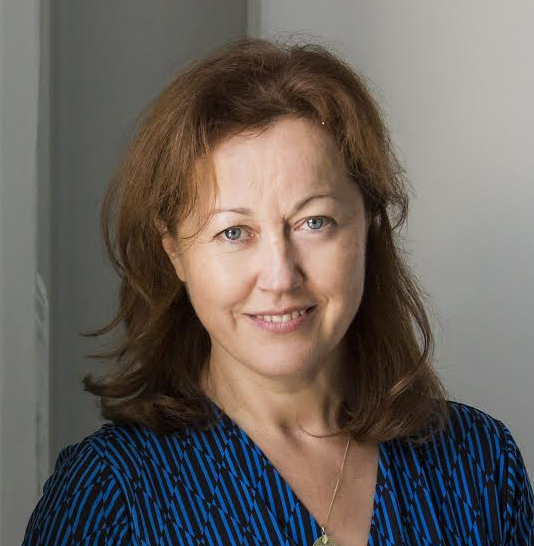
Tatiana Schofield
Tatiana Schofield is Head of Knowledge Exchange at the Royal College of Art, UK. She leads the RCA’s knowledge exchange strategy developing collaboration with industry and businesses. Tatiana has extensive experience in research commercialisation and university-industry partnership gained from working at Imperial College London, London Business School, the Chartered Institute of Management Accountants (CIMA), Kaplan Professional, and running her own innovation management consultancy.
Tatiana’s research focuses on knowledge exchange models, open innovation, business model innovation, entrepreneurship and cross-cultural leadership.
Tatiana frequently speaks at international conferences on academic enterprise and open innovation. In 2012 her paper on university-industry collaboration won “The Best Paper of the Year” Award by SRA International. She contributed to a number of publications on open innovation including the European Commission’s Open Innovation Yearbook 2015. Tatiana also sits on the Science and Enterprise Group at the Society of Chemical Industry, UK
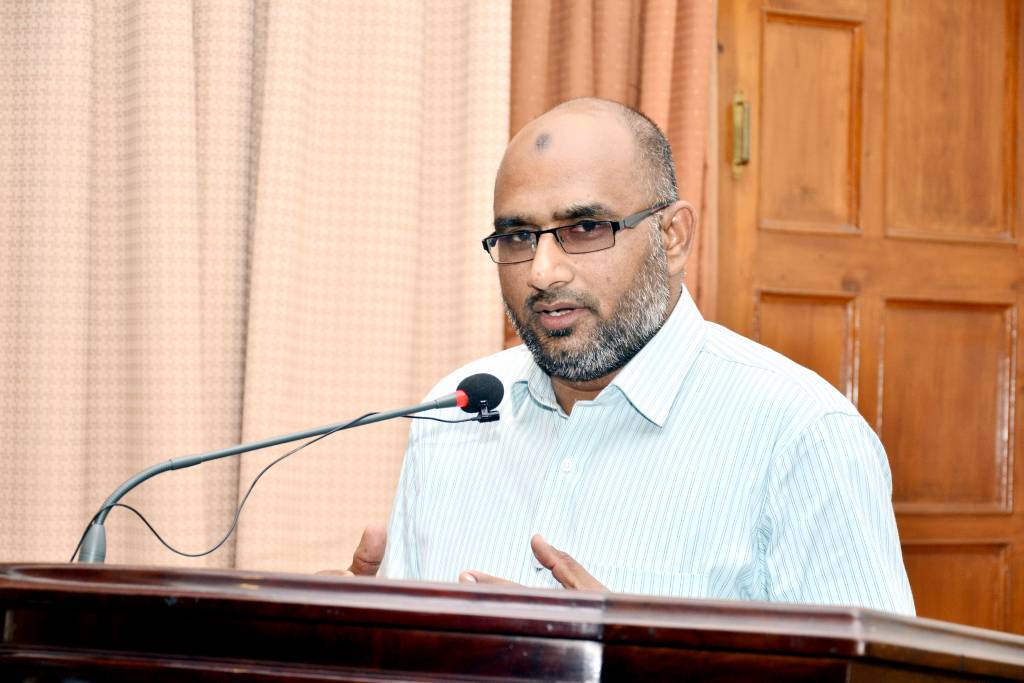
Rahmat Ullah
Panel discussion: Innovation policy in Finland – Challenges of the past, possibilities of the future

Markku Sotarauta
Prof. Markku Sotarauta is professor of regional development studies in Faculty of Management and Business at Tampere University, Finland. In 2011-2013, he served as the founding Dean of the School of Management and, in 2009-2010, as the last Dean of the Faculty of Economics and Administration.
Professor Sotarauta specialises in leadership, innovation systems, and institutional entrepreneurship in city and regional development. He has published widely on these issues in international journals and edited books. His latest publications include ‘Leadership and the city: Power, strategy and networks in the making of knowledge cities’, published by Routledge. Professor Sotarauta has worked with the Finnish Parliament, Swedish Innovation Agency (Vinnova) many Finnish ministries as well as cities and regions both in Finland and in other countries.
Sotarauta serves OP Financial Group as the 1st Vice-Chairman of the Supervisory Council, and Tampere District Co-operative Bank (OP Tampere) as the Chairman of Board of Directors.
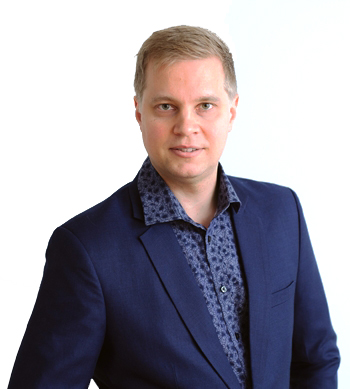
Mikko Möttönen
Mikko Möttönen started in 1999 as an undergraduate physics student in the then Helsinki University of Technology (TKK). With major in Materials Physics and minor in Mathematics, Mikko obtained his MSc in 2002 and PhD in 2005 from TKK. Subsequently, Mikko spent postdoctoral research periods at University of California, Berkeley, USA (2005) and University of New South Wales, Sydney, Australia (2008-2009). In 2007, Mikko became a Docent in Quantum Computing and the leader of the Quantum Computing and Devices (QCD) group in the Academy of Finland Center of Excellence in Computational Nanoscience (COMP) at TKK. Since 2005, Mikko has also been working with Prof. Jukka Pekola on low-temperature nanoelectronics, and in the beginning of 2012, Mikko begun his European Research Council (ERC) Starting Independent Researcher Grant on this topic. With the help of this grant, he established QCD Labs that presently hosts four millikelvin cryostats and microwave measurement equipment at Aalto University, Finland. In 2014, Mikko’s QCD group and the group of Prof. David Hall at Amherst College published their work on the discovery of Dirac magnetic monopoles in a synthetic magnetic field of an atomic Bose-Einstein condensate. A year later, these discoveries were complemented by the observations of isolated quantum mechanical monopoles. In 2015, Mikko was appointed to a part-time Research Professorship in Quantum Computing at the University of Jyväskylä and to a full-time permanent staff position at Aalto University. He also wrote nine science columns to the main national newspaper Helsingin Sanomat. In 2019, Mikko was appointed to his present post as an Associate Professor (tenured) of Quantum Technology shared between Aalto University and VTT Technical Research Centre of Finland. He also founded a quantum-computer company IQM as a spinout from his research. Presently, Mikko’s QCD Labs focuses on integrating engineered normal-metal reservoirs into quantum-mechanically behaving electronic devices such as superconducting qubits. This is the topic of Mikko’s ERC Consolidator Grant which started in 2017.

Tarmo Lemola
Mr. Tarmo Lemola (b. 1947) holds a degree of M.Sc (social sciences) from the University of Helsinki, and a degree of Dr. (H.C.) from the University of Tampere. He been has been working as a researcher (VTT Technology) and private consultant in technology and innovation studies as well as science, technology and innovation policies. He has been providing expert services for several governments and government agencies in Finland, other European (including the European Commission) and many countries outside Europe. Lemola has been writing several articles and books on his expert fields. Two months ago he published a book (in Finnish) ”Towards new research and innovation policy”.
Plenary session with Finnish industries: Innovation expectations of 2020 and experiences from industry towards researchers and society?
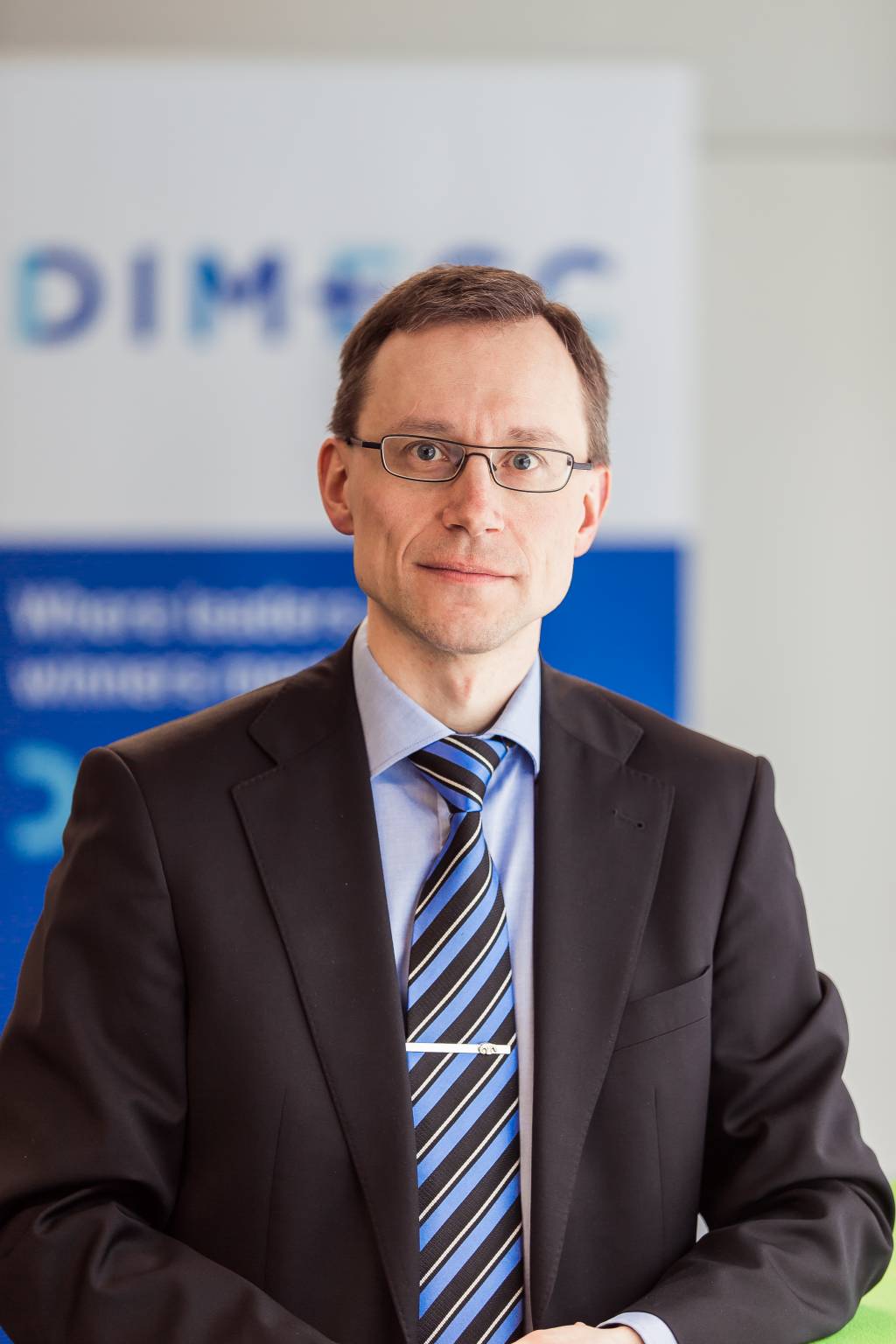
Harri Kulmala
Dr. Harri Kulmala works as the CEO of DIMECC Ltd. since 2008. DIMECC is the innovation platform of Finnish technology industry companies and research institutes. It is the first high-volume PPP-model executor in the European R&I landscape. In 2017, Dr. Kulmala was invited to the Lamy Group of European Commission to maximise the impact of the EU’s next framework program, Horizon Europe 2021-2028.” Before he worked as a research professor at VTT and senior researcher at Tampere University of Technology, and he has published more than 100 publications on industrial economics, leadership and management. Before the academic career, he worked for Metso corporation (Nordberg-Lokomo Oy) in after sales.
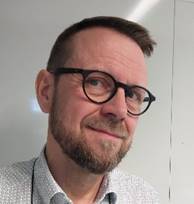
Pertti Lukander
Pertti Lukander the leader of Nokia Bell Labs research organization in Finland. He has extensive experience in technology research, standards and innovation, Pertti has driven generation, development and commercialization of innovations in wide range of technologies. Pertti continues to be interested in innovations, their development and opportunities, as well as understanding economic and social impact of innovation.
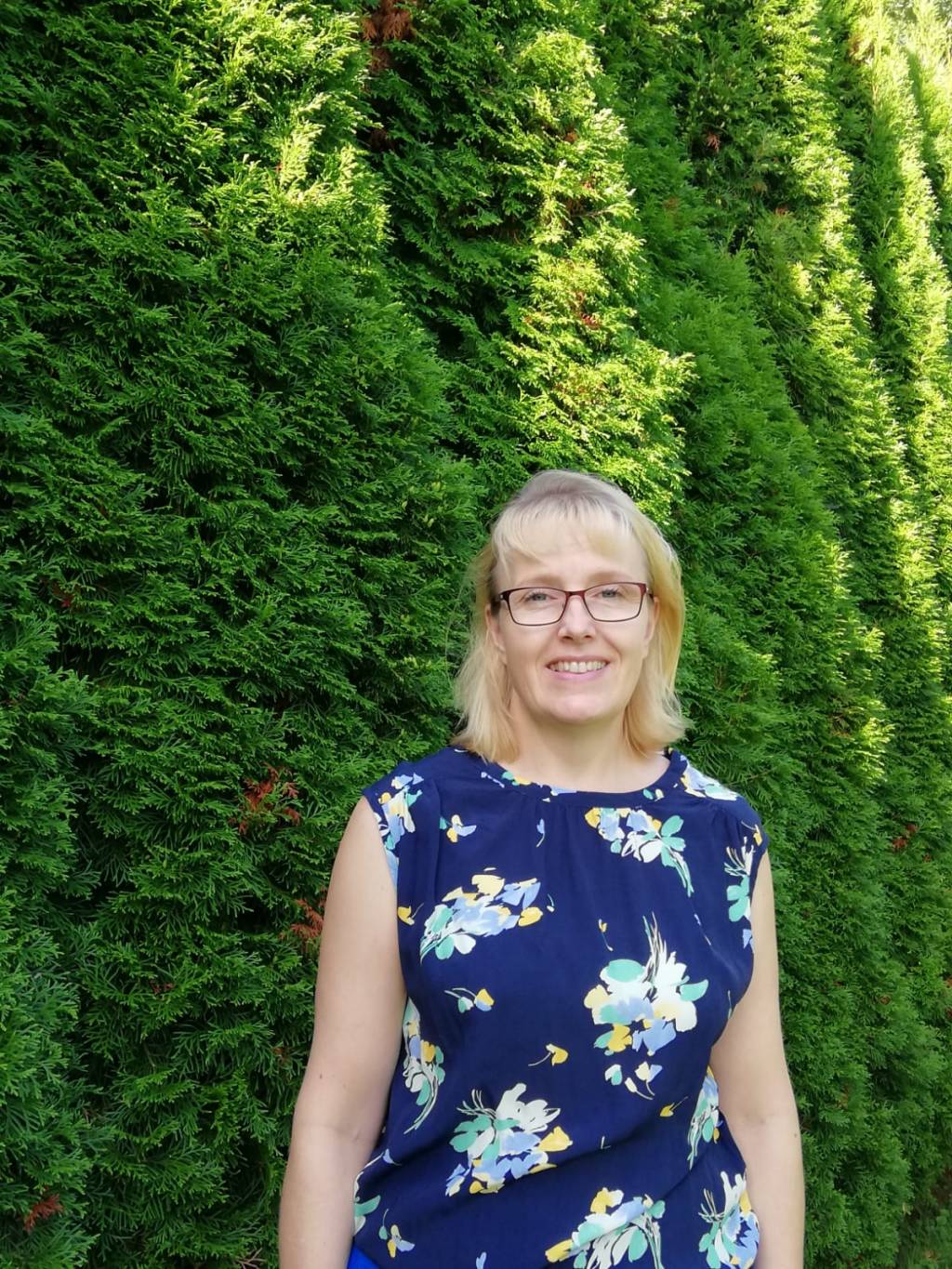
Marke Kallio
Marke Kallio has worked at Metso since 2007 in different organizations and positions, before that at VTT as a team leader.
Keynote Speaker Chairs
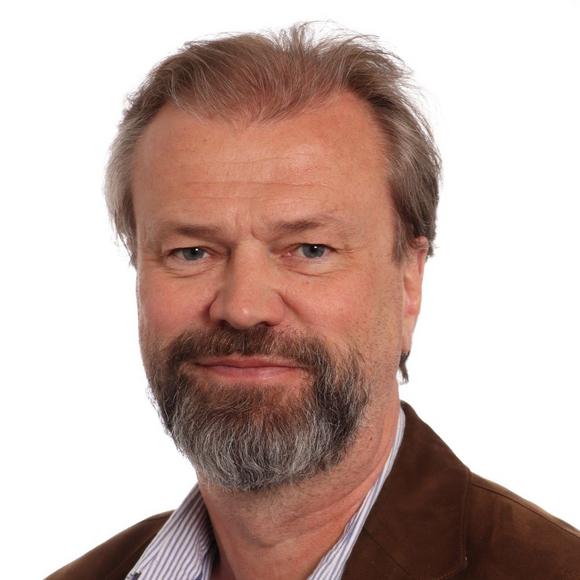
Juha Teperi
Juha Teperi, MDPhD, worked as a researcher in both Finland and the UK before he held various senior management positions in Finnish National Research and Development Centre for Welfare and Health during 1997-2007. In August 2007, he moved to the Ministry of Social Affairs and Health, heading the first national innovation programme in health and social care. In 2011, he moved to Japan and worked as the director of the R & D Unit of the Sendai-Finland Wellbeing Center, facilitating new solutions to aging societies. In January 2014, Dr Teperi was appointed as the Dean of the School of Health Sciences, University of Tampere. In January 2017, he was appointed as the Dean of Faculty of Social sciences. From January 2019, he has been the Vice President of Tampere University in charge of research. During his career, Dr. Teperi has had numerous advisory assignments in national policy processes.
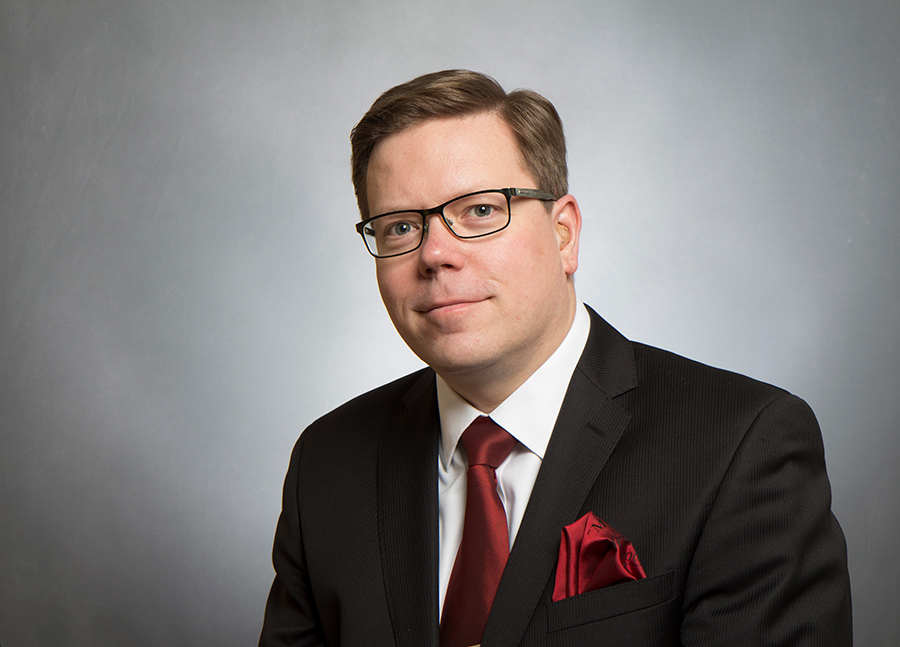
Marko Seppänen
Prof. Dr. Marko Seppänen is Full Professor (tenured) in the field of Industrial Management in Tampere University, Finland. He also acts as the Vice Dean for Education Faculty of Management and Business. Prof. Seppänen is an expert in managing value creation in business ecosystems, business concept development and innovation management. He leads the Business Ecosystems, Networks and Innovations research group in the Unit of Information and Knowledge Management (NOVI). He has been awarded Solution Excellence Award by TeleManagement Forum and Educator Award of the Year from Tampere University of Technology, and several Best Paper Awards. In his latest research he has examined e.g. platform-based competition in business ecosystems, and innovation management in business networks.
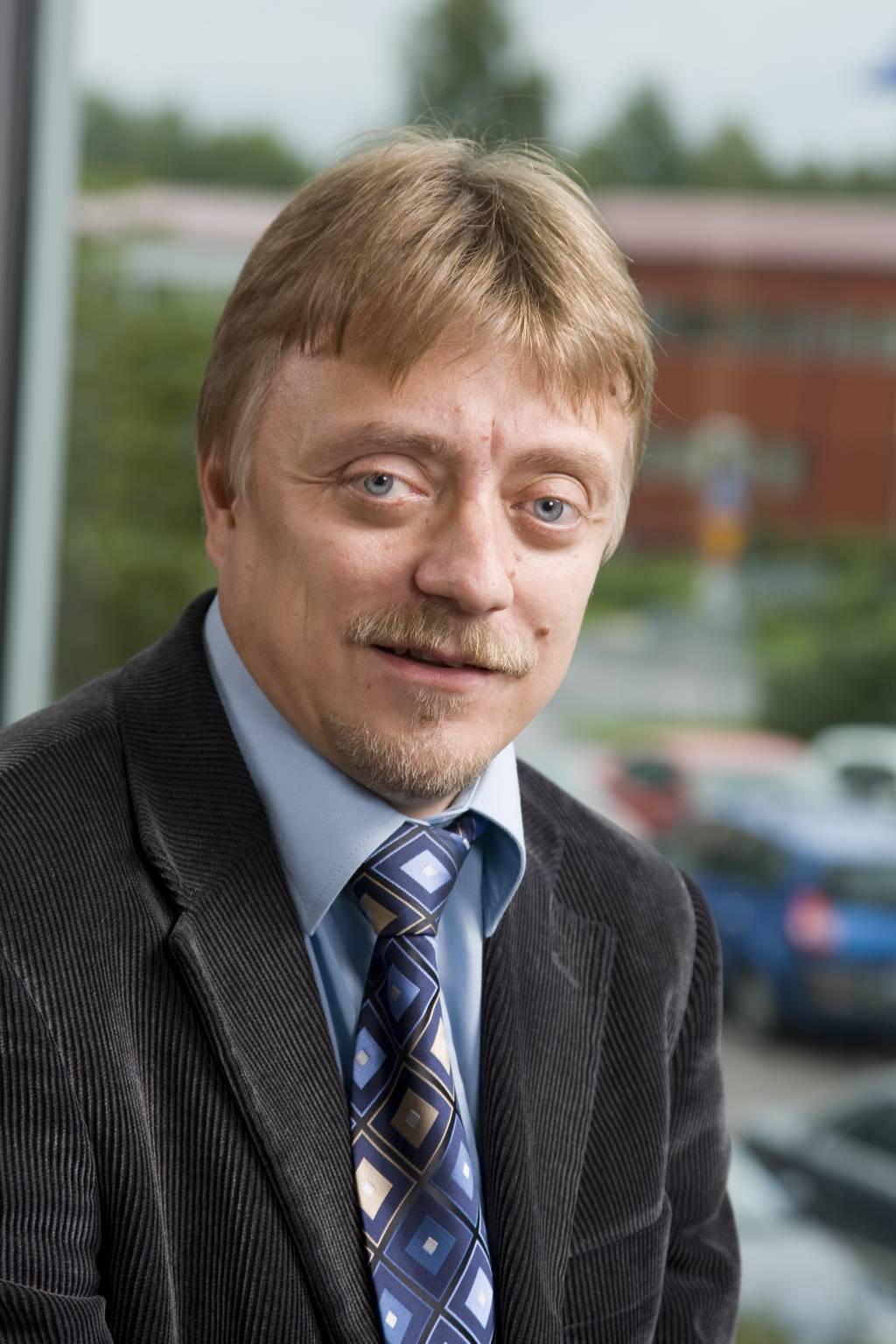
Pauli Kuosmanen
Pauli Kuosmanen received the B.Sc., M.Sc., and Licentiate degrees in mathematics from the University of Tampere, Finland, in 1989, 1991, and 1993, respectively. He received the doctor of technology degree in signal processing from the Tampere University of Technology in 1994. He received the eMBA degree in 2006. In addition to these he received a master degree of theology from University of Wales in 2017.
Since 1990 he has held various research and teaching positions at the University of Tampere and the Tampere University of Technology, most notably he was a professor of signal processing for 8 years. He was working as a Director of New Technologies at the Research Center of Elisa Communications Corp during 2001-2004. He was the CTO of telecommunications at Plenware, 2005-2008. After serving as the CTO of DIGILE (a strategic centre for science, technology and innovation in the field of digital economy) during 2008-2015, he served as the CEO of DIGILE 2015-2016. From January 2018 he was working as the Dean of the Faculty of Engineering Sciences at Tampere University of Technology. Since January 2019 he serves as Director of collaboration and partnerships at Tampere University and since May 2020 as Director of innovation services and partnership at the same university.
Prof. Kuosmanen has authored over 150 international journal and conference articles, seven international book chapters, and he is a co-author in the book “Fundamentals of Nonlinear Digital Filtering”. He has supervised dozens of M.Sc. and 11 Dr.Tech. students and has been leading tens of research projects with total volume far over 500M€. He has served in BoD positions in a number of companies and holds several patents.
Closing Session Speakers
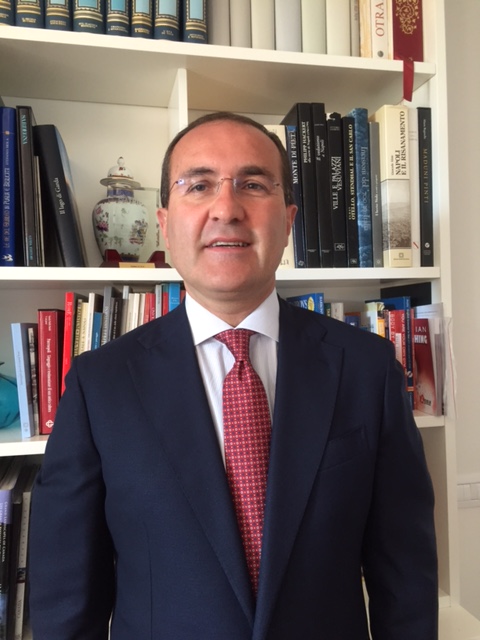
Emanuele Fiore
Expert of R&D and Innovation Strategy – Science Diplomacy/Policy Italian National Research Council (CNR) – Institute for Polymers, Composites and Biomaterials – IPCB 34, Via Campi Flegrei, 80078, Pozzuoli (Naples), Italy Senior Technologist – CNR Public research www.cnr.it
Representative of the President of the National Research Council of Italy in the steering committee CNR-ULAVAL www.umilaval.cnr.it ;
Scientific Attaché at the Italian Embassy in Canada June 2007- October 2014;
Professor of Economics and Management at the Department of Economics and Management Engineering, University of Naples Federico II;
Responsible for projects of the National Research Council (CNR) at the Institute of Chemistry and Technology of Polymers (ICTP);
Italian National Contact Point (NCP) for the 5 th and 6 th Framework Research Programm (FP) of European Union 1998-2006.
I Promote and carry on research activities, in pursuit of excellence and strategic relevance within the national and international sectors, in the frame of European cooperation and integration.
Honours:
Letter of merit from Nobel Laureate Prof. Rita Levi Montalcini (October 2011); Knight of the Order to the Merit of the Republic of Italy OMRI 2008; Project leader and Coordinator of the research group on the technology transfer. Educators’ Honour Roll, University of Ottawa – TELFER School of Management (October 2013); Patron Science Award – TRIUMF Vancouver (October 2014).
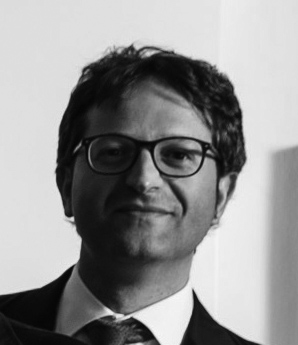
Riccardo Fini
Riccardo Fini is Associate Professor of Entrepreneurship and Innovation Management at the University of Bologna and a Fellow at Imperial College London. He also serves as Director of the Entrepreneurship Hub at Bologna Business School. He is a two-time recipient of the EU Marie Curie fellowship (IEF2010; CIG2012). His research interests include entrepreneurship, science commercialization and impact. His work is published in the Academy of Management Journal, Journal of Business Venturing, Journal of Management Studies and Research Policy. He’s serving as Associate Editor for the Journal of Technology Transfer. His research was featured in Il Sole24Ore, Nature, Times Higher Education and The New York Times.
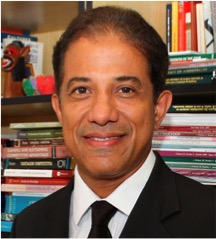
Moacir de Miranda Oliveira Junior
Professor and Head of the Business Administration Department at USP – University of São Paulo. Cornell’s Emerging Markets Institute – Academic Advisory Board; Chief Editor of INMR– Innovation andManagement Review (Emerald); Latin America Director of GLORAD – Center for Global R&D and Innovation; Founding member of the Academy of International Business – Latin America Chapter. Co-editor of the book Startups and Innovation Ecosystems in Emerging Markets(Palgrave Macmillan, 2019) and five other books. Author of more than 100 academic papers. His research interests are related to Startups and Corporate Venture and also in Strategy and Innovation in Emerging Markets Multinationals. As a consultant in the field of strategy, innovation and international business, he has been working for major corporations and for the government.
